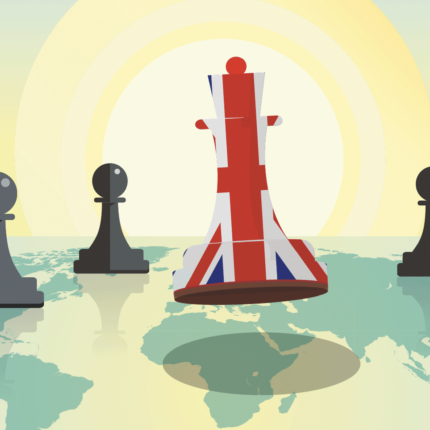When the British people voted to leave the European Union on June 23rd, 2016, the economic backdrop was not positive.
Measures of actual wealth creation had been down since before the financial crisis. Growth in industrial output has been down for over ten years. The elevated growth of the 1990s in developed countries collapsed with the 2001 recession, and then started to increase once more until 2004 when it started to slow. The Global Financial Crisis significantly worsened what was already a deteriorating situation. This was partly because the global trade agenda had been stalled. The only multilateral agreement since the 1995 launch of the World Trade Organization (“WTO”) itself was the WTO Agreement on Trade Facilitation. This agreement which relates simply to ensuring better customs processes to facilitate trade movements took fifteen years to agree in the WTO. The more difficult discussions on services, investment, competition and the like have been stalled since 1997.

